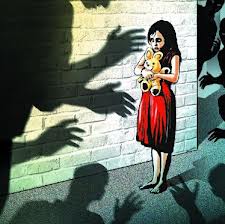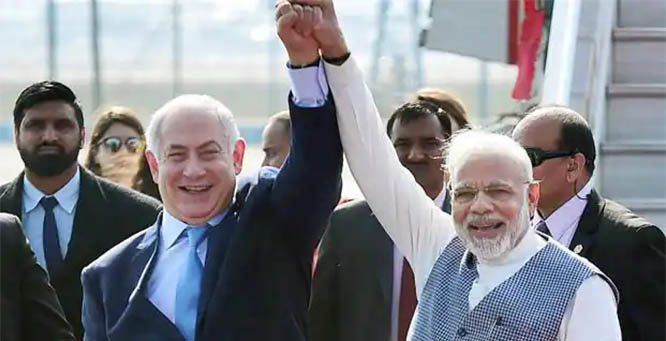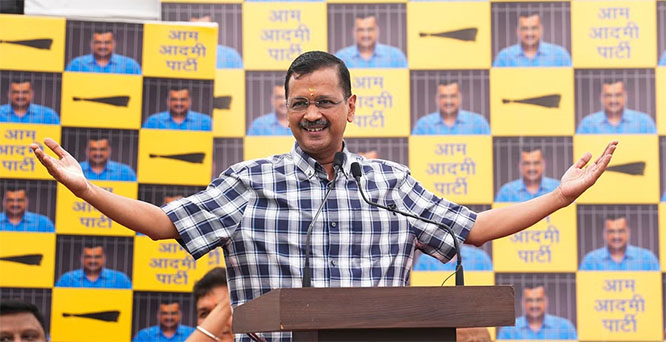
But Saturday morning added insult to injury when Barasat's Trinamool Congress MLA and former Tollywood megastar Chiranjeet appeared to blame women for incidents of eve-teasing when he took a dig at women's "dress sense" and "their skirt sizes" that he felt were for "men's entertainment". He did condemn Friday's incident, but the remark on skirt sizes from a man who played crusader and women's saviour on the Tolly screen in bumper hits like 'Bostir Meye Radha', 'Pratikaar' and 'Maryada', drew howls of protest from across the city, including filmstars, who said such "irresponsible" comments weren't expected from an artist.
The place where the girl was attacked, near Platform No.1, wasn't far from the spot where Rajib Das, a schoolboy, was murdered on February 13 last year as he tried to shield his sister, a call centre employee, from drunk goons. It raised questions about the spate of crimes in the bustling town that serves as district headquarters of North 24-Parganas. Six months after Das's murder, the wife of a Kolkata Police Special Branch constable was attacked by three motorcycle-borne youths, who tried to snatch her chain. She escaped with a wound, but her mother-in-law had a heart attack and died. The area is close to the DM's office and the bungalows of the SP and additional SP and Barasat court.
Chiranjeet visited the girl at her home in Barasat's Banamalipur around 4.30 pm, but did not speak to the media after that.
His line of thought, though, found curious resonance in the reaction of North 24-Paragnas police superintendent Champak Bhattacharya, who described the events of Friday as a "small incident". "To my understanding, this is not an incident of eve-teasing. This is a small incident. Someone passed lewd comments and assaulted the girl's father. We have arrested the main culprits. Allegations of lack of policing are baseless. There are sufficient lights and people deployed. Such one-off incidents can't be indicative of deteriorating law and order," he said.
The "small incident" triggered considerable public outrage and an immediate backlash. Local residents nabbed one of the molesters, 28-year-old Ramesh Das, thrashed him and handed him over to the police. His interrogation led to the arrest of Subhankar Das (30) on Saturday morning. Both were produced in Barasat district court and sent to jail custody for 14 days.
The victim, a class XII student of Barasat's Priyanath Girls High School, and her friend were returning home from geography tuitions when they the group pounced on them. The girls were headed for the overbridge to cross over from Noapara to Banamalipur when the group, seated on a bench front of a tea stall, first taunted them and made lewd comments. The remarks were targeted specifically at the 18-year-old girl. She first ignored the taunts but protested as the barrage of abuses refused to stop. At that, two youths blocked her path and another tugged at her hand. The scared girl called her father — an employee with the Barasat zilla parishad. "I reached there within minutes. I protested and asked them to step out of the way. When they refused, I screamed angrily. They heckled me, slapped me and shoved me on the road," he said on Saturday. By then, locals had started gathering there. Sensing danger, the youths fled. "Had my father and the local residents not intervened, I shudder to think what would have happened. They beat up my father mercilessly," the girl said.
Chiranjeet's remarks came on the sidelines of a Science Fair inauguration at Barasat auditorium. Describing eve-teasing as an "ancient incident", he said, "The Ramayana would never be made if Ravan wasn't there. With only Ram... there would be no story. Eve-teasing is an ancient incident. It is not new... for its reasons, to some extent, even women are involved. Their skirt size, their dress sense that is definitely for entertainment. For whom? Men, obviously. But that is to be appreciated — to be praised. If someone passes lewd comments, it should be protested. Something like this happened here yesterday. "
State women's commission chairperson Sunanda Mukherjee remarked, "We are supposed to move forward and not backward. Are we in a stage where people hunt one another? I will not comment on the MLA's statement — everyone is supposed to have their own opinion — but the spurt of such incidents is worrisome."








Comments
Add new comment